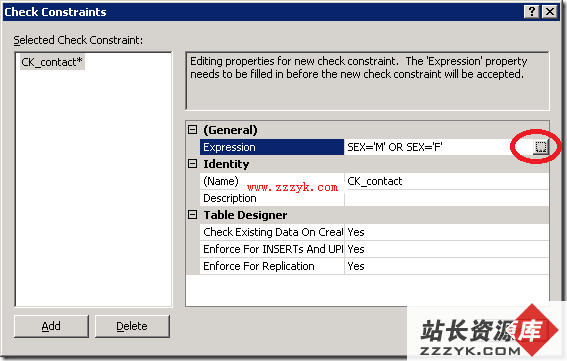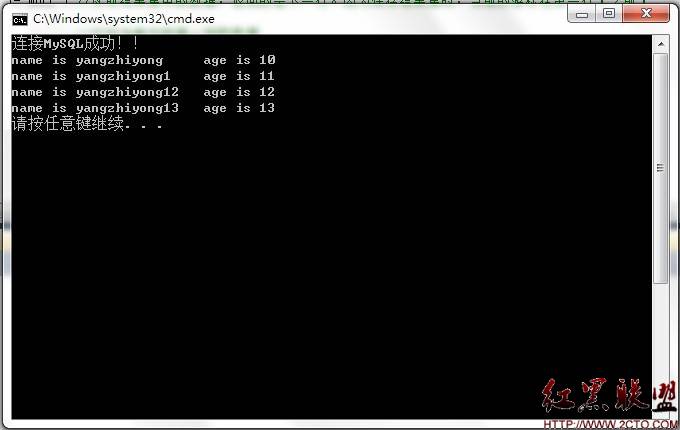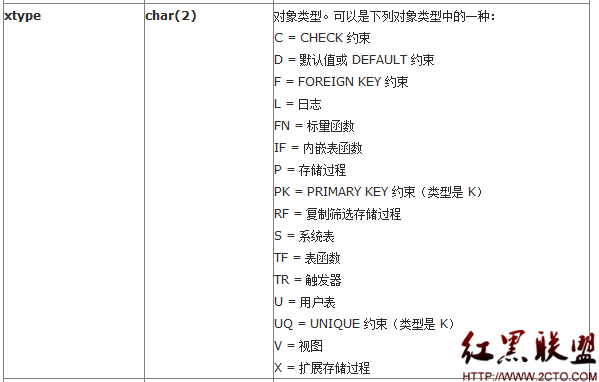postgreSQL实现show create table
postgreSQL实现show create table
在mysql 中show create table 可以直接查询表的create sql 语句,在postgreSQL 没有这个命令,所以通过function 来实现,代码如下:
www.zzzyk.com
前提 定义一个公用的函数:findattname
Sql代码
CREATE OR REPLACE FUNCTION findattname(namespace character varying, tablename character varying, ctype character varying)
RETURNS character varying AS
$BODY$
declare
tt oid ;
aname character varying default '';
begin
tt := oid from pg_class where relname= tablename
and relnamespace =(select oid from pg_namespace where nspname=namespace) ;
-- select oid from pg_namespace where nspowner=(select datdba from pg_database where datname=namespace)
aname:= array_to_string(
array(
select a.attname from pg_attribute a
where a.attrelid=tt and a.attnum in (
select unnest(conkey) from pg_constraint c where contype=ctype
and conrelid=tt and array_to_string(conkey,',') is not null
)
),',')
;
return aname;
end
$BODY$
LANGUAGE plpgsql VOLATILE
COST 100;
showcreatetable:
Sql代码
CREATE OR REPLACE FUNCTION showcreatetable(namespace character varying, tablename character varying)
RETURNS character varying AS
$BODY$
declare
tableScript character varying default '';
begin
-- columns
tableScript:=tableScript || ' CREATE TABLE '|| tablename|| ' ( '|| array_to_string(
array(
select concat( c1, c2, c3, c4, c5, c6 ) as column_line
from (
select column_name || ' ' || data_type as c1,
case when character_maximum_length > 0 then '(' || character_maximum_length || ')' end as c2,
case when numeric_precision > 0 and numeric_scale < 1 then '(' || numeric_precision || ')' end as c3,
case when numeric_precision > 0 and numeric_scale > 0 then '(' || numeric_precision || ', ' || numeric_scale || ')' end as c4,
case when is_nullable = 'NO' then ' NOT NULL' end as c5,
case when column_default is not Null then ' DEFAULT' end || ' ' || replace(column_default, '::character varying', '') as c6
from information_schema.columns
where table_name = tablename
-- and table_schema=namespace
order by ordinal_position
) as string_columns
),' , ') ||',' ;
-- 约束
tableScript:= tableScript || array_to_string(
array(
select concat(' CONSTRAINT ',conname ,c ,u,p,f) from (
select conname,
case when contype='c' then ' CHECK('|| consrc ||')' end as c ,
case when contype='u' then ' UNIQUE('|| ( select findattname(namespace,tablename,'u') ) ||')' end as u ,
case when contype='p' then ' PRIMARY KEY ('|| ( select findattname(namespace,tablename,'p') ) ||')' end as p ,
case when contype='f' then ' FOREIGN KEY('|| ( select findattname(namespace,tablename,'u') ) ||') REFERENCES '||
(select p.relname from pg_class p where p.oid=c.confrelid ) || '('|| ( select findattname(namespace,tablename,'u') ) ||')' end as f
from pg_constraint c
where contype in('u','c','f','p') and conrelid=(
select oid from pg_class where relname=tablename and relnamespace =(
select oid from pg_namespace where nspowner=(select datdba from pg_database where datname=namespace)
)
)
) as t
) ,',' ) || ' ); ';
-- indexs
-- CREATE UNIQUE INDEX pg_language_oid_index ON pg_language USING btree (oid); -- table pg_language
--
/** **/
--- 获取非约束索引 column
-- CREATE UNIQUE INDEX pg_language_oid_index ON pg_language USING btree (oid); -- table pg_language
tableScript:= tableScript || array_to_string(
array(
select 'CREATE UNIQUE INDEX ' || indexrelname || ' ON ' || tablename || ' USING btree '|| '(' || attname || ');' from (
SELECT
i.relname AS indexrelname , x.indkey,
( select array_to_string (
array(
select a.attname from pg_attribute a where attrelid=c.oid and a.attnum in ( select unnest(x.indkey) )
)
,',' ) )as attname
FROM pg_class c
JOIN pg_index x ON c.oid = x.indrelid
JOIN pg_class i ON i





